Introduction to Islam
Islam is one of the world's major religions, with over a billion followers known as Muslims.
Below are some key beliefs of Muslims:
- Monotheism (Tawhid): Muslims believe in the oneness of God (Allah in Arabic). This concept of monotheism is fundamental, emphasising that God is singular, unique, and has no partners or equals.
- Prophets: Prophets: Muslims believe that God has sent prophets throughout history to guide humanity. Muhammad is considered the final prophet (the "Seal of the Prophets"), following figures such as Adam, Noah, Abraham, Moses, and Jesus. All are revered, but Muhammad is seen as the messenger of God’s final revelation.
- Holy Books: The Quran is the holy book of Islam, believed to be the literal word of God as revealed to Muhammad. Muslims also acknowledge previous scriptures, such as the Torah and the Gospel, although they believe the Quran is the complete and final revelation.
- Angels: Muslims believe in the existence of angels, created by God from light, who perform various duties, including delivering messages to prophets.
- Death and Day of Judgment: Muslims believe in an afterlife where individuals will be judged by God based on their actions during their lives. Those who have done good will be rewarded with paradise.
- Divine Decree (Qadar): Muslims believe in the concept of divine predestination, which means that God has knowledge of everything that will happen, and all events are part of God’s plan.
The Five Pillars are the acts of worship and key practices in Islam:
- Shahada (Faith): The declaration of faith, stating that "There is no god but Allah, and Muhammad is His Messenger." This statement affirms one's belief in the oneness of God and the prophethood of Muhammad.
- Salah (Prayer): Muslims pray five times a day facing the Ka'ba in Makkah. These prayers occur at dawn, noon, mid-afternoon, sunset, and evening. They consist of specific physical postures and recitations.
- Zakat (Almsgiving): Muslims are required to give a portion of their wealth (usually 2.5% of savings) to charity annually. This practice helps support the less fortunate and purifies one’s wealth.
- Sawm (Fasting during Ramadan): Muslims fast from dawn to sunset during the holy month of Ramadan. This includes abstaining from food, drink, smoking, and marital relations during daylight hours. It is a time for spiritual reflection, self-discipline, and community.
- Hajj (Pilgrimage to Mecca): Muslims who are physically and financially able are required to perform the pilgrimage to Makkah at least once in their lifetime. It is performed during the Islamic month of Dhu al-Hijjah and consists of various rituals some of which commemorate the actions of Abraham and his family.
- Community and Family: Family and community play significant roles in Islam. Social gatherings and community events, particularly on Fridays for congregational prayers, are important aspects of Muslim life.
- Dietary Laws: Muslims follow specific dietary guidelines, which include the consumption of halal (permissible) food and the prohibition of haram (forbidden) food, such as pork and alcohol.
- Dress Code: Modesty in dress is encouraged for both men and women. Many Muslim women choose to wear hijab (a headscarf) or other forms of modest clothing.
Islam is a comprehensive way of life encompassing beliefs, rituals, and moral guidelines. While there are various interpretations and cultural practices within Islam, these core beliefs and practices form the foundation of the faith for Muslims around the world. If you have more specific questions or areas of interest, feel free to ask!
Contact Amjad Ahmed for further information.
